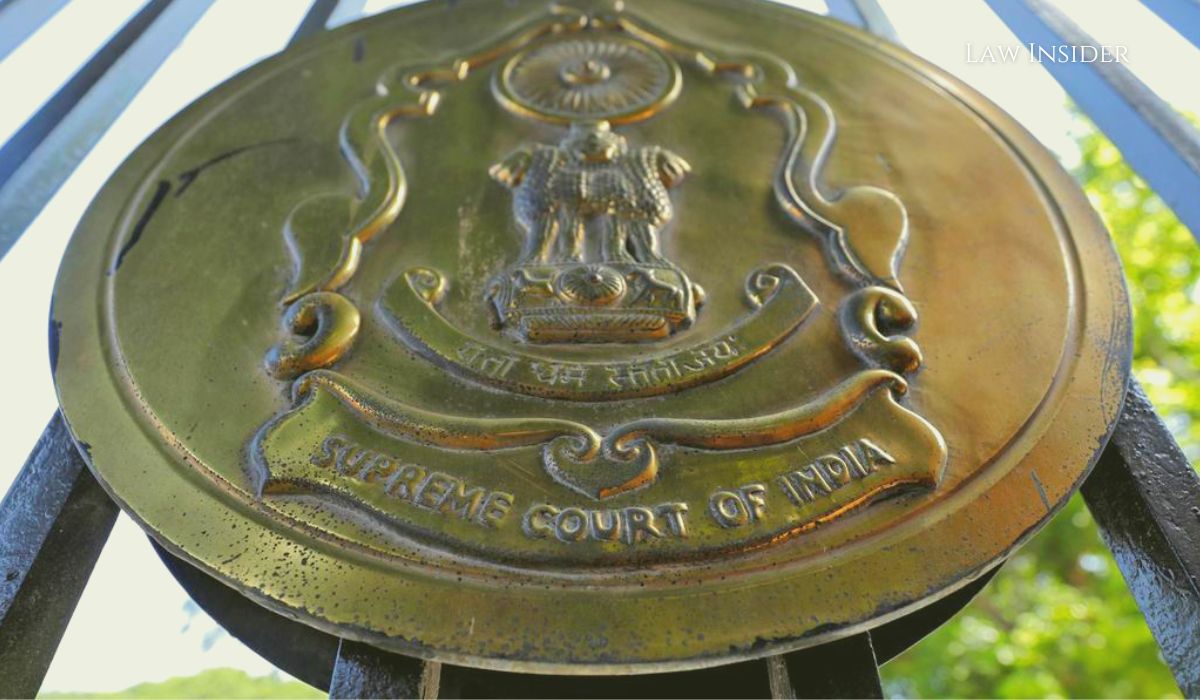Tanisha Rana
Published on: October 14, 2022 at 22:07 IST
On Thursday, the Supreme Court ordered the Centre to make sure that none of its departments adopt diametrically opposed positions/contradictory stands in court cases.
The observation was made by a division bench of Justices BR Gavai and CT Ravikumar during an investigation into a Central Warehousing Corporation warehousing facility on 34 acres of property in Gujarat’s Adani Ports Special Economic Zone.
A Gujarat High Court ruling ordering the state-run corporation to exchange the land for its two godowns for another property outside the special economic zone supplied by the Adani company was contested by the corporation.
The corporation was established by the Indian government in 1957 to promote the nation’s agriculture industry by running warehouses and container freight stations.
The distribution centres were constructed close to the Mundra port, which later joined the Adani Ports Special Economic Zone.
The corporation petitioned the Supreme Court in November 2021, claiming that Adani had lied to the authorities in order to acquire the 34-acre plot of property next to Mundra Port. The body added that the plot Adani has supplied the firm as a substitute was inappropriate and might result in losses for the company.
The Union government and Adani’s business were both asked to respond by the court.
The Ministry of Commerce and Industry, however, has ruled that it is illegal for the state-run corporation to request the denotification of land.
However, the Ministry of Consumer Affairs, Food, and Public Distribution had declared that such a clause is legitimate.
The division bench took note of the opposing positions stated by two ministries during the hearing on Thursday.
The Supreme Court’s ruling stated, “We, therefore, impress upon the Union of India to develop a mechanism to ensure that wherever such divergent positions are taken by several departments, they should be handled at the governmental level itself.”
Thus, the Gujarat High Court’s order was also quashed by the judges.
“If a settlement was to be arrived at, unless the same was found to be in the interest of both the parties, it could not have been thrust upon a statutory Corporation to its detriment and to the advantage of a private entity.”, the bench observed.

